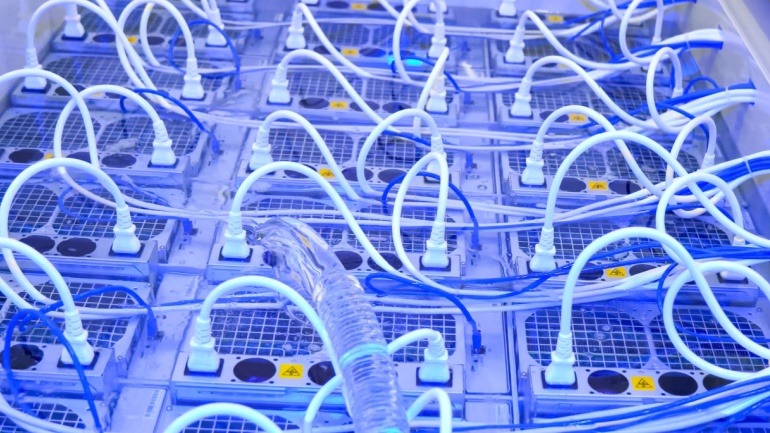Fujitsu has announced an ambitious initiative to address the ever-increasing energy consumption in data centers. It has partnered with Supermicro and Nidec to innovate a liquid-cooling solution expected to enhance data center energy efficiency by up to 40% compared to traditional air cooling techniques. This development responds to the rising power needs prompted by the swelling demand for AI workloads.
The Japanese firm is planning its initial rollout in Japan, beginning in the first quarter of fiscal 2025. Fujitsu will initially test the solution at its Tatebayashi Data Center. The goal is to allow data center operators to achieve a world-class power usage effectiveness (PUE) by the end of fiscal 2025.
In their collaboration, Fujitsu will employ its expertise in liquid-cooling technology, which is traditionally used in top-tier supercomputers and critical servers. The company aims to develop a software system that offers real-time monitoring and optimizes cooling equipment, improving energy efficiency. This software will also facilitate the centralized management of liquid-cooled servers and equipment, alleviating management burdens.
Meanwhile, Supermicro is stepping forward with high-density AI server systems designed for optimum performance with liquid cooling, eliminating the need for energy-intensive air cooling fans. This method will not only reduce power usage but also diminish noise levels and lower operating temperatures, resulting in a more favorable environment for server operations.
Nidec, an expert in cooling systems, will contribute by providing advanced cooling solutions featuring its Coolant Distribution Units (CDUs). Utilizing its proprietary pump technology, Nidec will focus on optimizing thermal management, crucial for reducing overall energy consumption and promoting sustainable data center operations.
The service offering, designed to cater to customers planning to implement liquid-cooling systems, will encompass comprehensive support throughout the lifecycle of the solution. Available under a subscription model, the offering allows businesses to embrace liquid cooling with minimal initial costs.
Liquid cooling is a method that utilizes a liquid coolant, rather than air, to dispel heat from electronic components. Traditionally more efficient than air cooling, liquid cooling is gaining traction, particularly in high-computing environments like AI data centers. Though promising, the transition to liquid cooling presents challenges, including the complexity of its design and the requisite expertise for its installation and operation.







